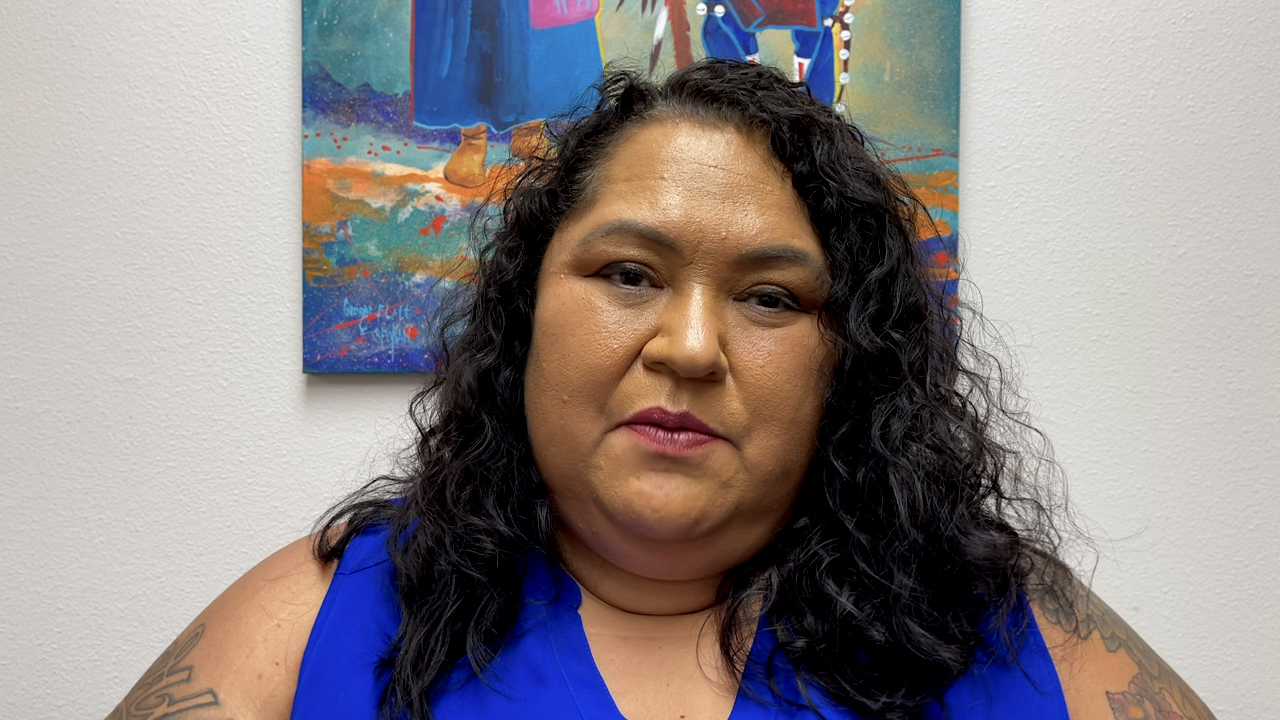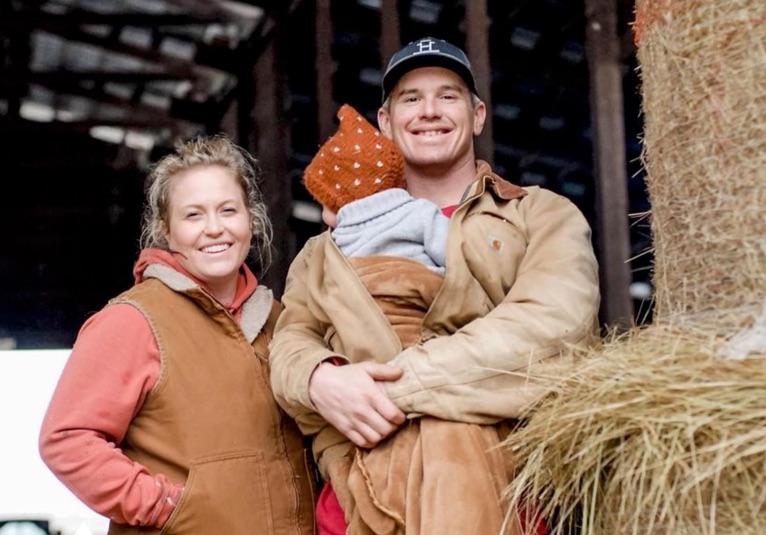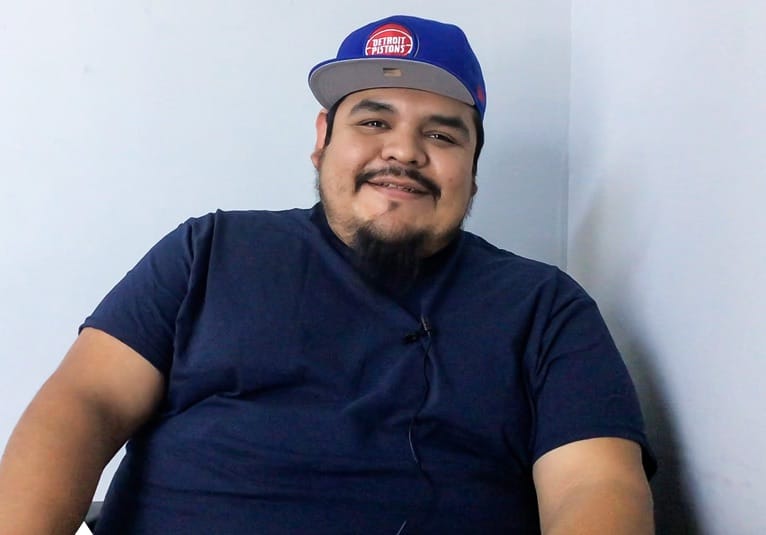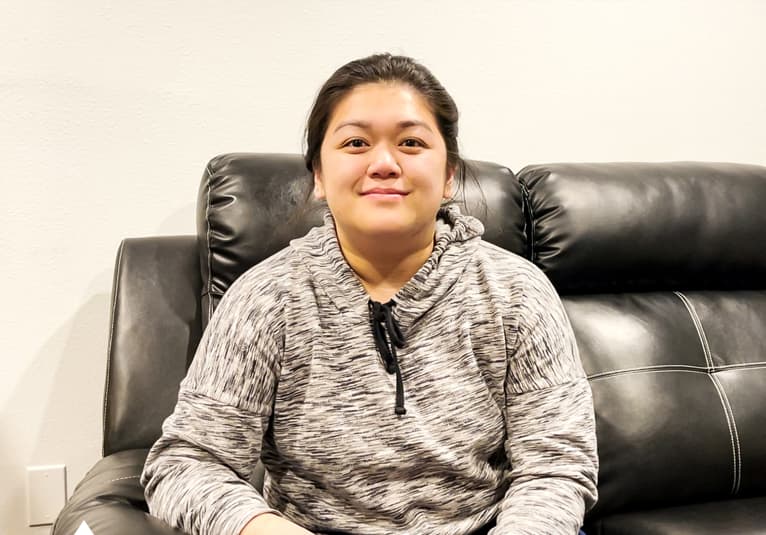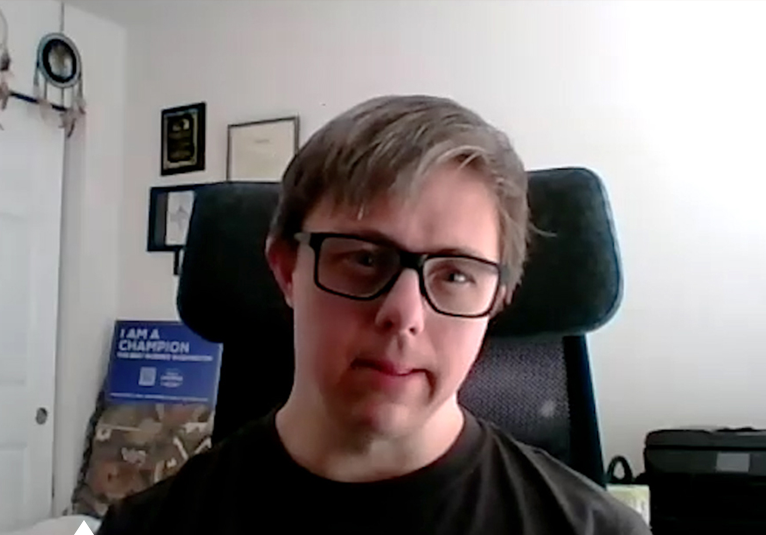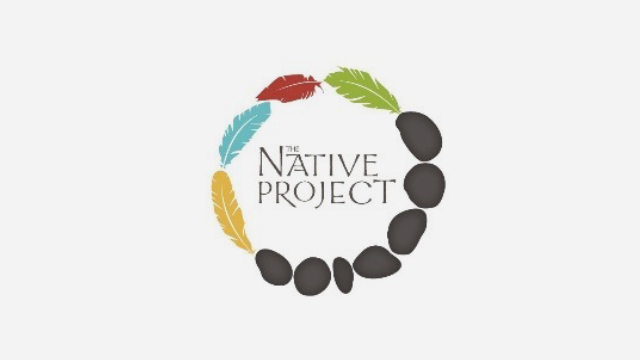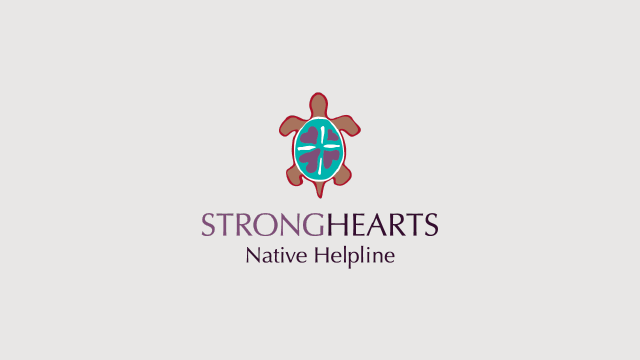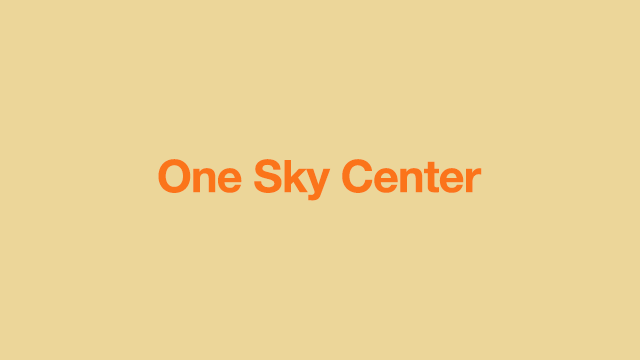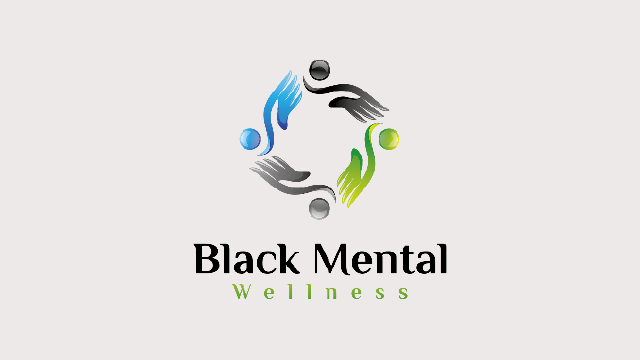Heather L Counseling and the BIPOC Community
So mental health in itself has always had this stigma around it. Where if I go to counseling, I’m crazy and stuff like that. And a lot of teenagers I feel like have felt that way and just trying to reduce that stigma show people mental health counseling is not bad. Just because you go to counseling doesn’t mean you’re crazy. Everybody has stuff going on and they need someone to talk to.
They need an outlet, not always comfortable talking to your parents or brothers and sisters about stuff like that in the bypot community. I know something I’ve seen in my field is they want a counselor that looks like them.
I’ve had people tell me you’re the first Brown counselor I’ve seen, and we give them a choice when they do an assessment. Do you want to see me or do you want to see someone else? What I hear most often from the BIPOC community is I want to stay with you because I want a counselor that looks more like me. So I very much feel like I relate to some of the bypot community.
I’m native, and my kids are native and black. So obviously I’ve grown up that lifestyle.
There are some by populations that maybe I don’t necessarily know as much about, such as the Marshallese community. We get kids in here that are marshalese, and I don’t always know a lot about their communities and stuff, but I feel like they do relate to me more just because I’m not the typical counselor you would see. I’m not an older Caucasian person and they’re like, you know what this girl might be. Okay.
So what I do is I just try to learn as much as I can about their culture. I mean, I can tell them. Yeah, I don’t know anything about the Marshalles traditions and cultures and stuff, but I’m willing to learn. And there are a lot of different ways to do that sometimes just asking them, they enjoy telling you about their culture, about their traditions, things like that. Or if you have someone that’s not as talkative, go online.
There’s all kinds of resources to look up to learn about other people’s, cultures and traditions and lifestyles. But I definitely feel like the native population, the black population relate to me more because I do live that lifestyle. That is how I’ve grown up. We do have some of the same experiences. We’ve lived in some of the same places and stuff like that.
So they’re more willing to talk to me and tell me how they’re feeling. And, hey, this place in Omak where we used to live this and this and this happened, so I’m able to understand them and know what they’re talking about because I’ve lived in different parts throughout the state. I grew up around that lifestyle, the substances, the mental health issues and all that. I never went to counseling as a kid. That’s not something we did.
We didn’t talk about it. We didn’t tell anybody about how we’re feeling. We didn’t address the issue. It was just there. So once I had kids, I don’t want my kids growing up the way I did.
Let’s get rid of that stigma. Let’s get these kids the help they need, because I feel like as a kid, it would have helped me. So with my kids being young and working within different communities, I work a lot with the native community and the black community and all that stuff. And I’m just trying to let kids know, you know what? It’s okay.
It’s okay to talk to people about your problems. You don’t have to keep it all to yourself anymore. You don’t have to try to rely on your family to help you out, because a lot of times they’re in the same situation you are. They’re using substances. They’re having mental health issues of their own.
So trying to help you is going to be difficult for them. I go out into the community, I go to the schools and I talk to kids. Sometimes I do get calls from counselors saying, you know what? This kid really needs to come to treatment, but they’re not quite sure about it. A lot of times I’ll go out and I’ll talk to them, and the first thing they notice is, you know what?
You’re a person of color, too. So if you’re the one telling me it’s okay to come to treatment, and I’m more likely to listen. But what I like to tell kids is, you know what? You’re not crazy. Just because you’re having problems doesn’t mean you’re a bad person doesn’t mean you’re crazy.
It means that you need help. And there are a lot of people that need help, and it’s not a bad thing. Coming to treatment is just like an extra support for you. It’s not anything that is terrible. We’re not going to make you talk about anything you don’t want to talk about.
And if you don’t want to talk about your problems or your issues, we can just talk about coping skills, how to deal with stuff that happens in your life.
You.

